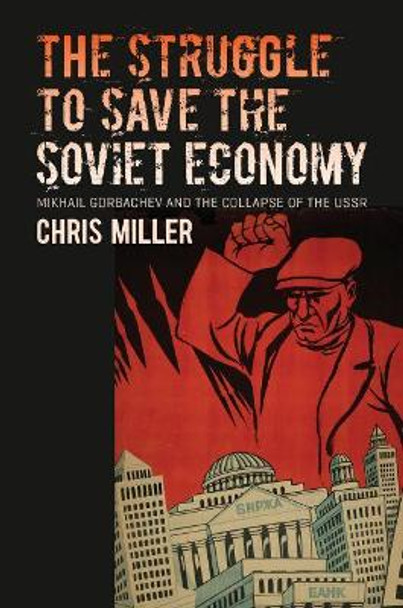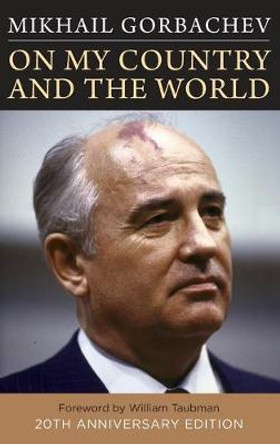Description
Making use of never-before-studied documents from the Soviet politburo and other archives, Miller argues that the difference between the Soviet Union and China--and the ultimate cause of the Soviet collapse--was not economics but politics. The Soviet government was divided by bitter conflict, and Gorbachev, the ostensible Soviet autocrat, was unable to outmaneuver the interest groups that were threatened by his economic reforms. Miller's analysis settles long-standing debates about the politics and economics of perestroika, transforming our understanding of the causes of the Soviet Union's rapid demise.
About the Author
Chris Miller is assistant professor of international history at the Fletcher School of Law and Diplomacy at Tufts University and co-director of the school's Russia and Eurasia Program.
Reviews
"Miller helps readers understand why communism survived in China but encountered an abrupt and amazing collapse in the former Soviet Union. Highly recommended."- Choice
"It is a well-researched, fluidly written, and timely book that is sure to leave its mark on the historiography."- H-Diplo
"An important contribution to our understanding of the Sino-Soviet interaction and the forces that led to the demise of the Soviet Union."- The Russian Review
"Using new archival material, Miller demonstrates that Gorbachev was always much weaker than many realized."- Survival: Global Politics and Strategy
"This book is clearly written and forcefully argued."- Slavic Review
"Miller's work goes a great distance in bettering our knowledge and understanding of the politics behind the Soviet economic collapse."- Reviews in History
Book Information
ISBN 9781469661537
Author Chris Miller
Format Paperback
Page Count 264
Imprint The University of North Carolina Press
Publisher The University of North Carolina Press
Weight(grams) 333g










